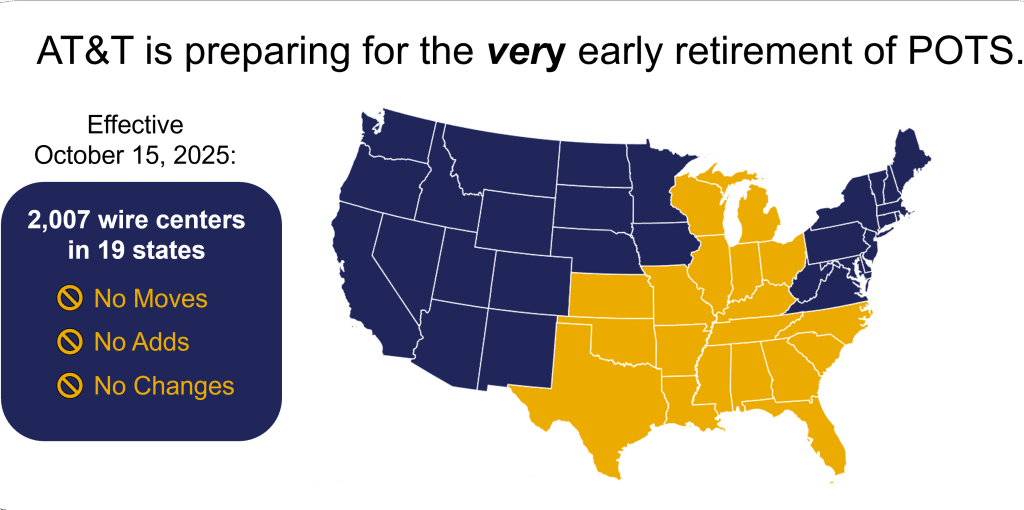Understand the concept of a PBX (Private Branch Exchange) phone system and what it can do.
No two businesses are alike and there is no such thing as a “one-size fits all.” In general, a cloud-hosted VoIP phone system solution and a more traditional on-premises phone system each has its own strengths. Depending on your business and its needs can you determine the best answer as to whether cloud or an on-premises installation will be the best choice.
Below are 8 questions that will help you decide the right path to take – to the cloud-hosted service or on-site purchased system. If you find your answers are a little of both, then a hybrid solution may be the answer. Perhaps support some of your locations or serve some of your applications from the cloud and some from your onsite systems at headquarters. Whatever the requirement, Phonewire can deliver the most cost effective system with the best flexibility to fit your organization.
1. Do you focus on Year 1 costs or a long-term total cost of ownership (TCO)?
- Cloud preferred because:
- Year 1 costs are lower with Unified Communications as a Service (UCaaS).
- Save money on hardware investment.
- Prefer annual subscription model.
| - On-site preferred because:
- 3+ year TCO typically favors an on-premises system purchase.
- Prefer perpetual license model.
- Consulting costs similar with both Cloud and Onsite.
|
2. What is the state of your IT resources?
- Cloud preferred because:
- Fewer requirements for IT resources to implement.
- Data and application moved offsite.
- System administration needs are reduced.
- Upgrades managed by cloud hosting provider.
| - On-site preferred because:
- Your IT team has more control.
- Data and applications are local.
- Systems administratered locally.
- Upgrades are performed as service call.
|
3. How complex are your phone system integrations?
- Cloud preferred because:
- Limited in integration needs.
- Well defined and understood.
- Typically static and one-way.
| - On-site preferred because:
- Many integrations to other applications.
- Evolving and highly complex.
- Typically dynamic and bi-directional.
|
4. Does your organization have experience with Cloud?
- Cloud preferred because:
- Other Cloud application(s) in place.
- Network quality is high (or ISP redundancy is available).
- Cloud model is understood and accepted.
- Executive support for UCaaS.
| - On-site preferred because:
- Limited Cloud application(s) in place.
- Network quality is not ideal or “best-effort”.
- CRM and ERP applications have been deployed on-site.
- Cloud applications seen as a risk.
|
5. How well has your business managed application upgrades?
- Cloud preferred because:
- Upgrades have been difficult.
- Poorly defined processes.
- Limited resources to manage upgrades.
| - On-site preferred because:
- Good history with upgrades.
- Established upgrade process.
- The right skills available at the right time.
|
6. Does your business prefer packaged vs. custom solutions?
- Cloud preferred because:
- Organization is ready to embrace standard applications.
- Business prefers off the shelf applications.
- Little customization required.
| - On-site preferred because:
- Applications tend to be more customized.
- Business processes and solutions are unique.
- Have aptitude and resource to sustain custom solution.
|
7. Where do your employees work?
- Cloud preferred because:
- Multiple locations.
- Many remote workers.
- Require simple upgrade process.
| - On-site preferred because:
- Centralized with fewer locations.
- Some remote workers.
- High quality network and storage infrastructure already in place.
|
8. How does your company manage expenses?
- Cloud preferred because:
- Operating expense (OpEx) budget preferred.
- Smaller financial impact in Year 1.
- Annual subscription preferred.
| - On-site preferred because:
- Capital expense (CapEx) budget preferred.
- Larger financial impact in Year 1.
- Purchase of perpetual licenses.
|




